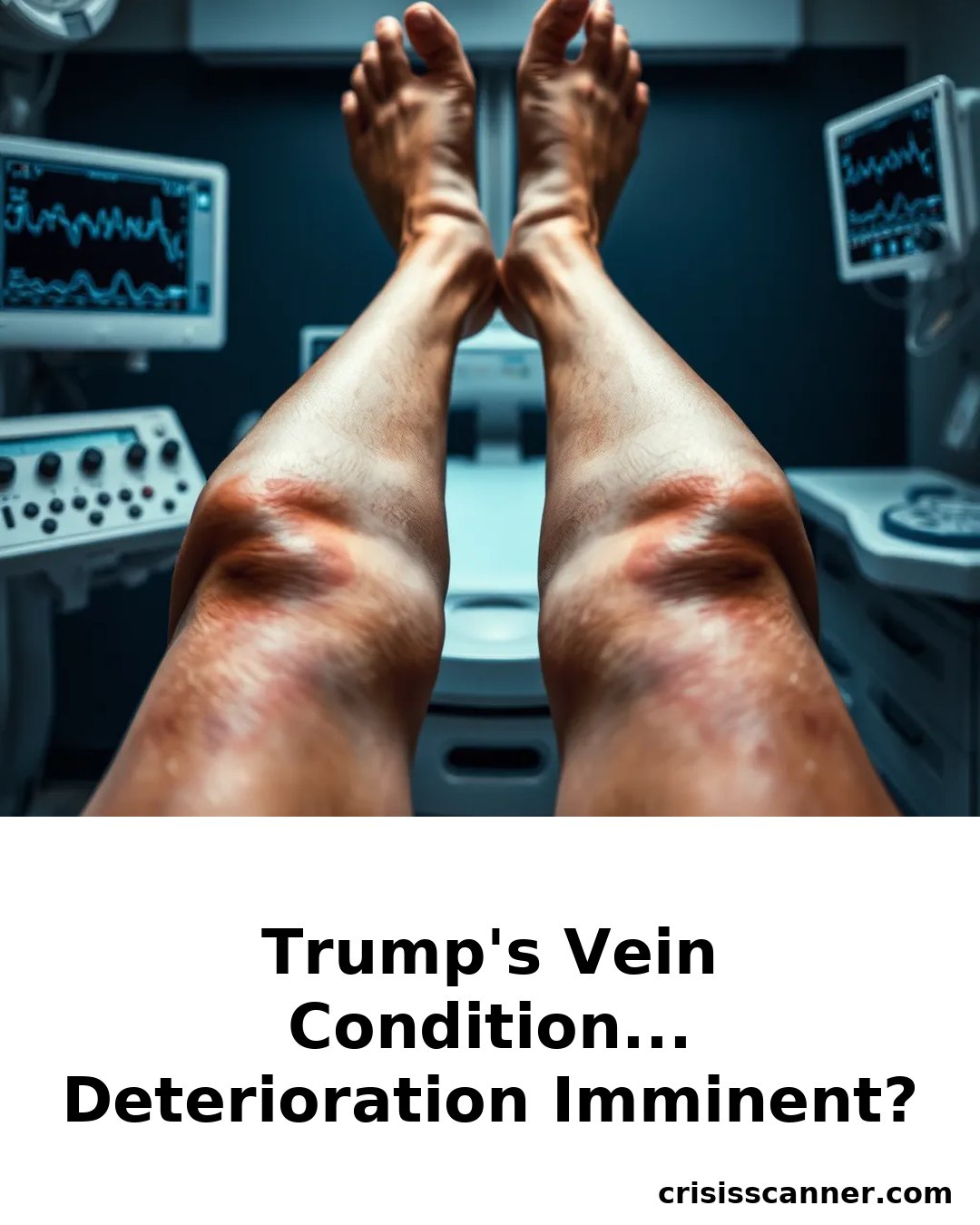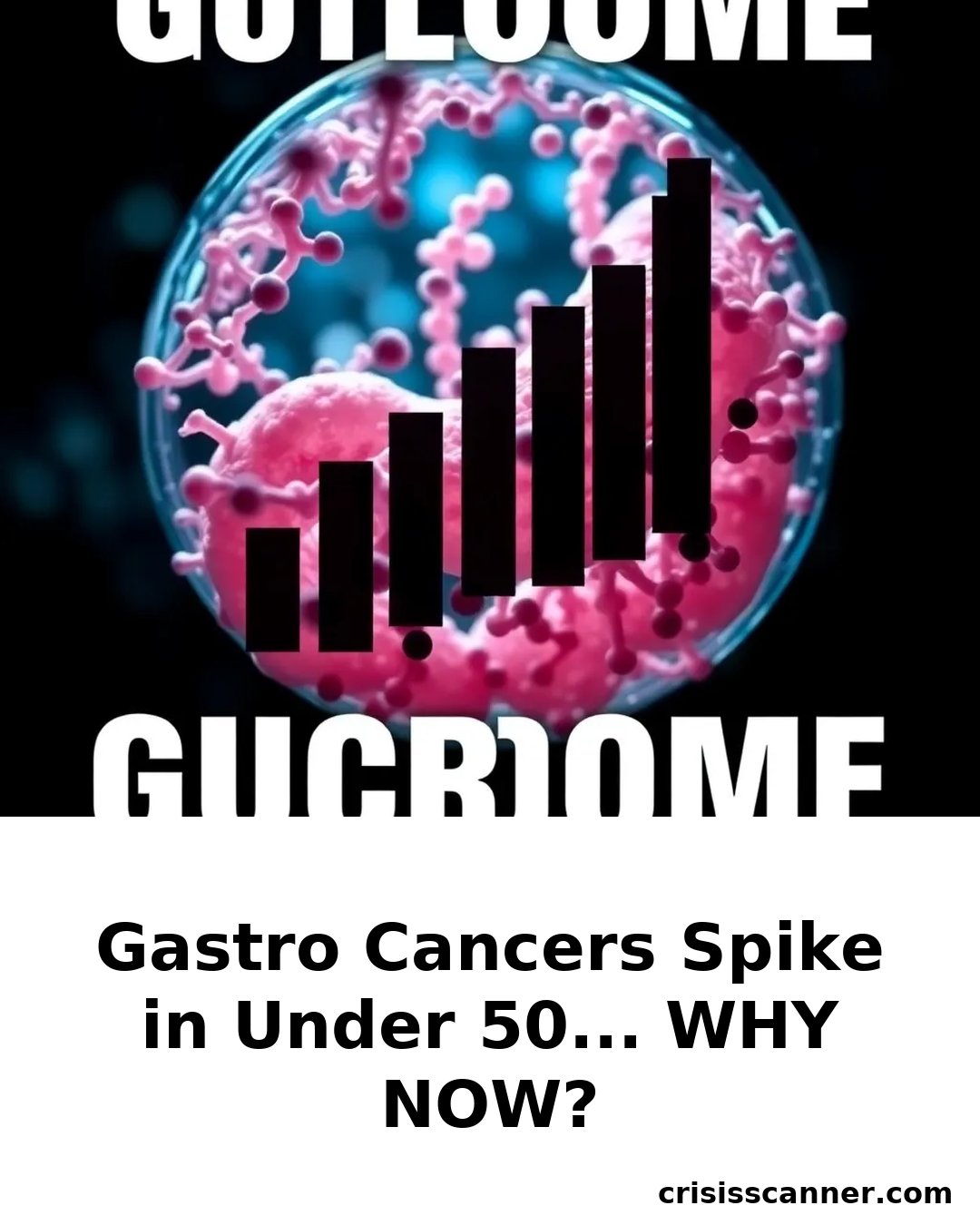The dramatic rise in gastrointestinal cancers among Americans under 50 highlights a concerning trend that could have far-reaching political implications. As policymakers grapple with healthcare reform, this surge demands increased funding for research and screening programs.
The lack of comprehensive early detection for pancreatic, stomach, and esophageal cancers underscores systemic gaps, prompting calls for policy shifts. The disproportionate impact on Black and Hispanic communities underscores ongoing health disparities, fueling debates on equity and resource allocation.
Politicians may leverage this crisis to push for reforms aligned with public health priorities, while opposition could exploit it to challenge government spending. The trend underscores a need for bipartisan consensus on preventative health measures, with implications reaching into electoral debates and legislative agendas. Understanding these rising trends could shape future healthcare strategies, especially amidst ongoing discussions about the role of government in safeguarding national health security. Read the full story at the source.




























